2023-11-30发布于广东
ISA Insights
爱莎视野
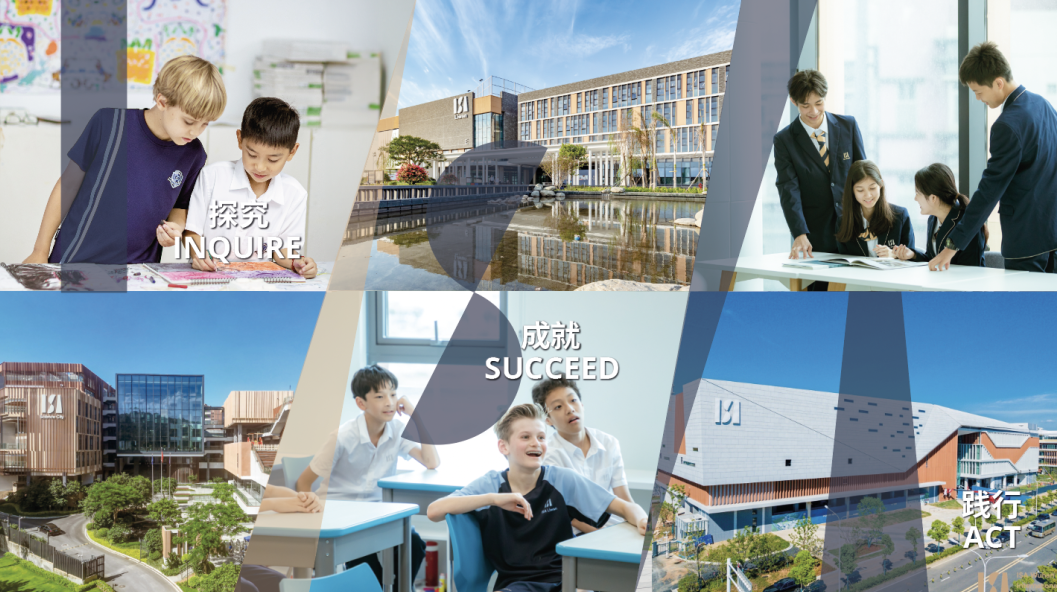
Author 本文作者
David Mansfield
Chief Academic Advisor to Board of ISAIEG
爱莎国际教育集团董事会首席学术顾问
Strategic Advisor to Board of ISAIEG
爱莎国际教育集团董事会战略顾问
Over 40 years of education and management experience. Served as Executive Headmaster of YK Pao School in Shanghai and Headmaster of Dulwich College Beijing. He led two ‘outstanding’ secondary schools in England.
超40年教育和管理经验,曾任曾任上海包玉刚实验学校执行校长,北京德威国际学校校长,领导过两个被英国标准教育办公室评为“杰出”(等级)的英国学校。
He has been a Syndic and Director of Cambridge Assessment, and he was also the founding Dean of Buckingham International School of Education.
曾是剑桥评估公司前理事、负责人,白金汉大学国际教育学院的创始院长。
As the Chief Academic Advisor to the Group Board, David begins a regular series of articles on all aspects of education.
作为集团董事会首席学术顾问,David Mansfield将定期发表关于教育的系列文章。
This is the next in the monthly series of articles by our Senior Advisor, David Mansfield. This month David looks at the subject of bilingualism and why a bilingual school in China is the best place for a Chinese student to gain dual language competencies.
这篇文章是爱莎国际教育集团高级顾问David Mansfield专栏文章的第二篇。本月,David将聚焦双语能力,探讨为什么中国的双语学校是中国学生习得双语能力的选择。
For many years we have known that being bilingual gives an individual significant cognitive advantages. In particular, the ability to switch between languages gives increased executive control and self-regulation. Bilinguals not only have all the benefits of being able to speak to and mix freely with a much wider range of people, but the brain development caused by working in two or more languages seems sharpen cognitive function and even to reduce the risk of dementia in later life.
我们都知道,双语能力可以给个体带来认知上的显著优势,尤其是在不同语言之间切换的能力使人可以更好地控制行为和自我调节。双语者不仅能够与更多样化的人群交流、交往,还能通过使用两种或更多语言来促进大脑发育,从而提高认知功能,甚至减少晚年患痴呆症的风险。
Chinese parents will not be choosing bilingual schools on the basis of their offspring’s mental health in old age, but instead they will be seeking the short-term advantages.
当然,中国家长选择双语学校并不是出于对子女晚年心理健康的担心,而是更倾向于寻求短期的优势。



First and foremost, bilingual schools are the best place to develop high level literacy in Mandarin as well as in English. Parents wanting an overseas education for their children are often in a quandary as to at which stage to send them out of China. Primary? Middle? High School? Or wait until 18 and Higher Education.
首先,双语学校是培养学生高水平汉语和英语读写能力的选择。希望孩子接受国外教育的父母通常面临一个困境:不知道应该在哪个阶段送孩子出国留学,小学?中学?高中?还是等到18岁上大学的时候?
By choosing to opt out of the public sector and pursue international qualifications in a bilingual setting, all aim to receive their Higher Education overseas. However, many parents wonder whether sending their son or daughter out of China before then may have advantages.
有些人放弃公立教育,选择双语教学环境和国际资历是为了以后能够去国外接受大学教育。然而,许多家长也想知道在此之前将子女送出中国是否有优势。
There is no questions that attending a top quality private school in US or the UK at 13 or 16 has its advantages - great teaching, wonderful facilities, often beautiful historic buildings, the chance to polish one’s English and enjoy a new country and culture.
毫无疑问,13或16岁时在美国或英国的私立学校就读有其优势,可以享受一流的教学、高端的设施、古色古香的建筑,还可以浸润在不同的国家和文化中提高自己的英语水平。
Whilst the reputation of some of the great US and UK schools is well founded – Hotchkiss, Eton, Phillips Andover, Westminster – are globally impressive schools. And very difficult to get into! But behind the Harry Potteresque veneer lies the question, ‘is it the best option for my child?’
虽然一些顶尖的美国和英国学校如霍奇科斯学校、伊顿公学、菲利普斯安多佛中学、西敏公学国际声誉卓著,但是入读门槛很高。这些学校有着哈利·波特式的外表,但中国家长也会疑虑这是否是孩子的选择?




A key downside is that an all-English education inevitably impacts the development of a student’s writing and reading in Chinese. Because the vast majority of students who study overseas return home after graduating and seek work in the Chinese system, this can prove a serious disadvantage against students coming out of Chinese universities.
早早出国留学的一个不利点是——全英文教育必然会影响学生的汉语写作和阅读能力。绝大多数留学生在毕业后会回国找工作,相比于中国本土大学毕业生,他们在中国就业市场上会因为语言问题处于劣势。
Whilst the facility in English and understanding of international culture and business will open up some work opportunities, graduate jobs in China usually demand high levels of Chinese literacy - eg ability to read and write technical papers, a legal contract or complex policy documents. And as we all know, graduate unemployment is at an all-time high.
尽管英语能力和对国际文化、商业的了解能够为学生带来一些工作机会,但在国内就业,毕业生通常需要较高水平的汉语读写能力,例如能够阅读和撰写技术论文、法律合同或复杂的政策文件。而且我们都知道,如今国内的大学毕业生失业率已经达到了历史点。
Students leaving China at say 13 or even earlier will have followed an all-English education for some ten years. Though they will have kept their spoken Chinese and basic literacy, their reading and writing will have fallen way behind many thousands following a traditional Gaokao/Chinese university route.
13岁甚至更早就离开中国的学生可能已经接受了十年的全英文教育,虽然他们可能保留了汉语口语和基本的读写能力,但他们的阅读和写作能力远远落后于接受传统中国教育—参加高考进入大学的学生。
However, those who attend bilingual schools in China avoid the problem of going overseas too early and losing their Chinese. They can gain excellent English whilst continuing with the core Chinese National Curriculum and staying close to their families.
然而,在中国的双语学校就读的学生不会因为过早出国学习而丢失汉语能力。他们不仅不用和家人分开,还可以在学习中国国家核心课程的同时,习得优秀的英语能力。

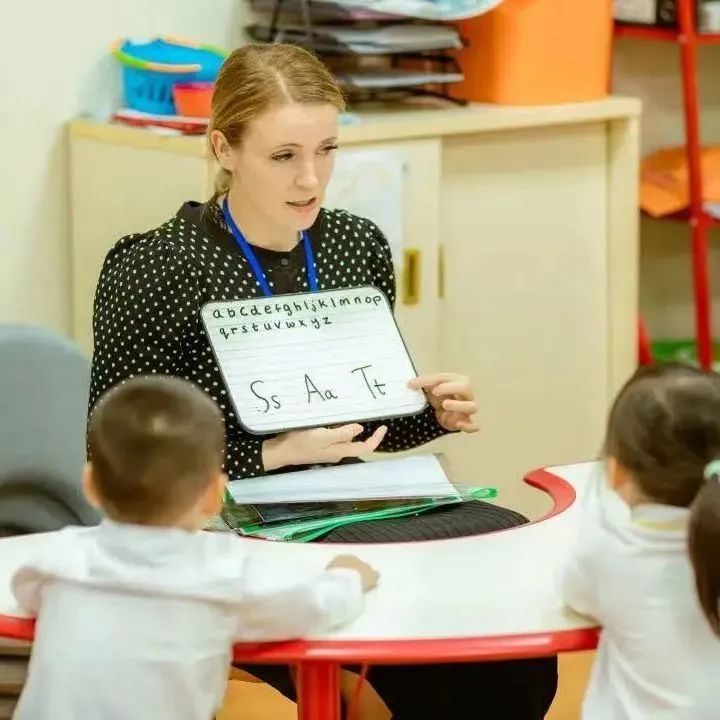
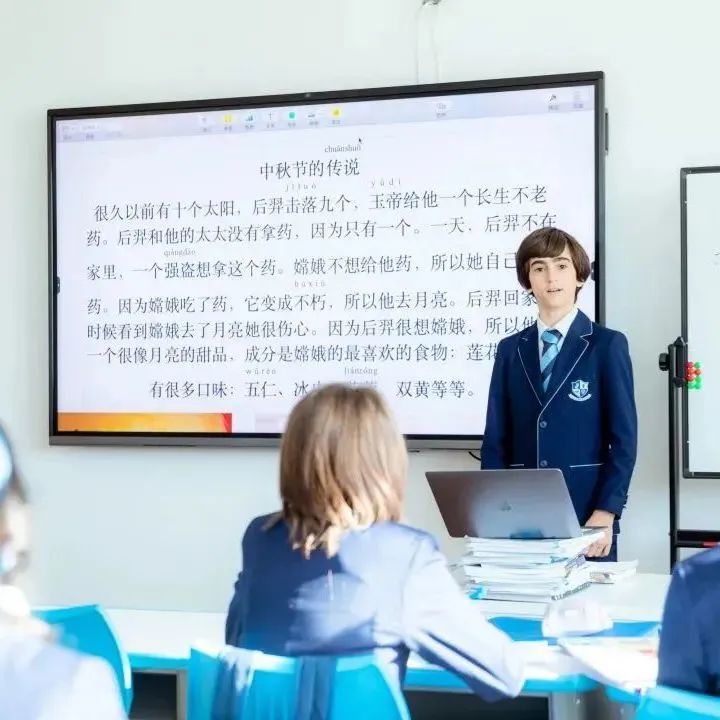

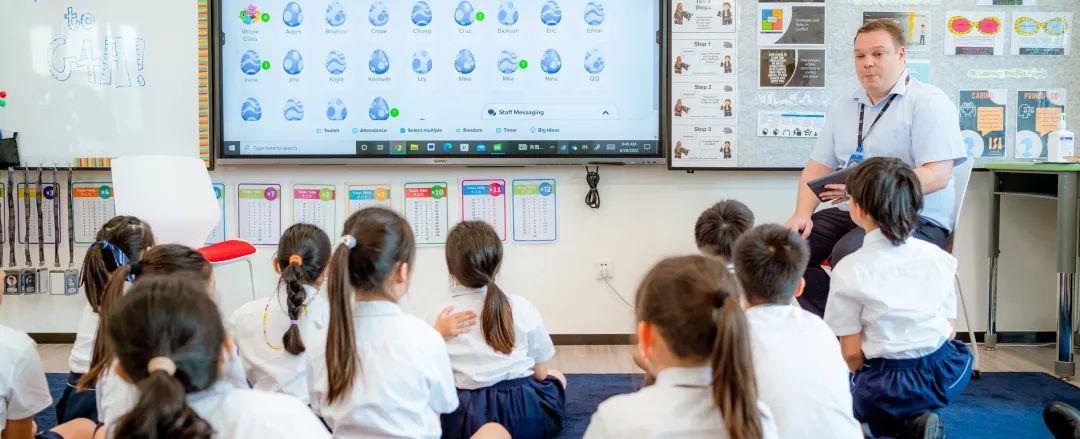
Bilingual schools demand a lot of their students. In effect they are pursuing two parallel programmes of study at the same time. Though not necessarily taking the Zhongkao, students will cover the Chinese material they would have covered if they had remained in the public sector. They will at the same time gain internationally recognised qualifications taken in English, and be prepared for an overseas university.
双语学校对学生要求很高,这些学校同时开展两个平行的学习项目。尽管学生不一定参加中考,他们将继续学习在公立教育体系中本应学习的中国课程内容。同时,他们将用英语考取受国际认可的证书,为出国读大学做好准备。
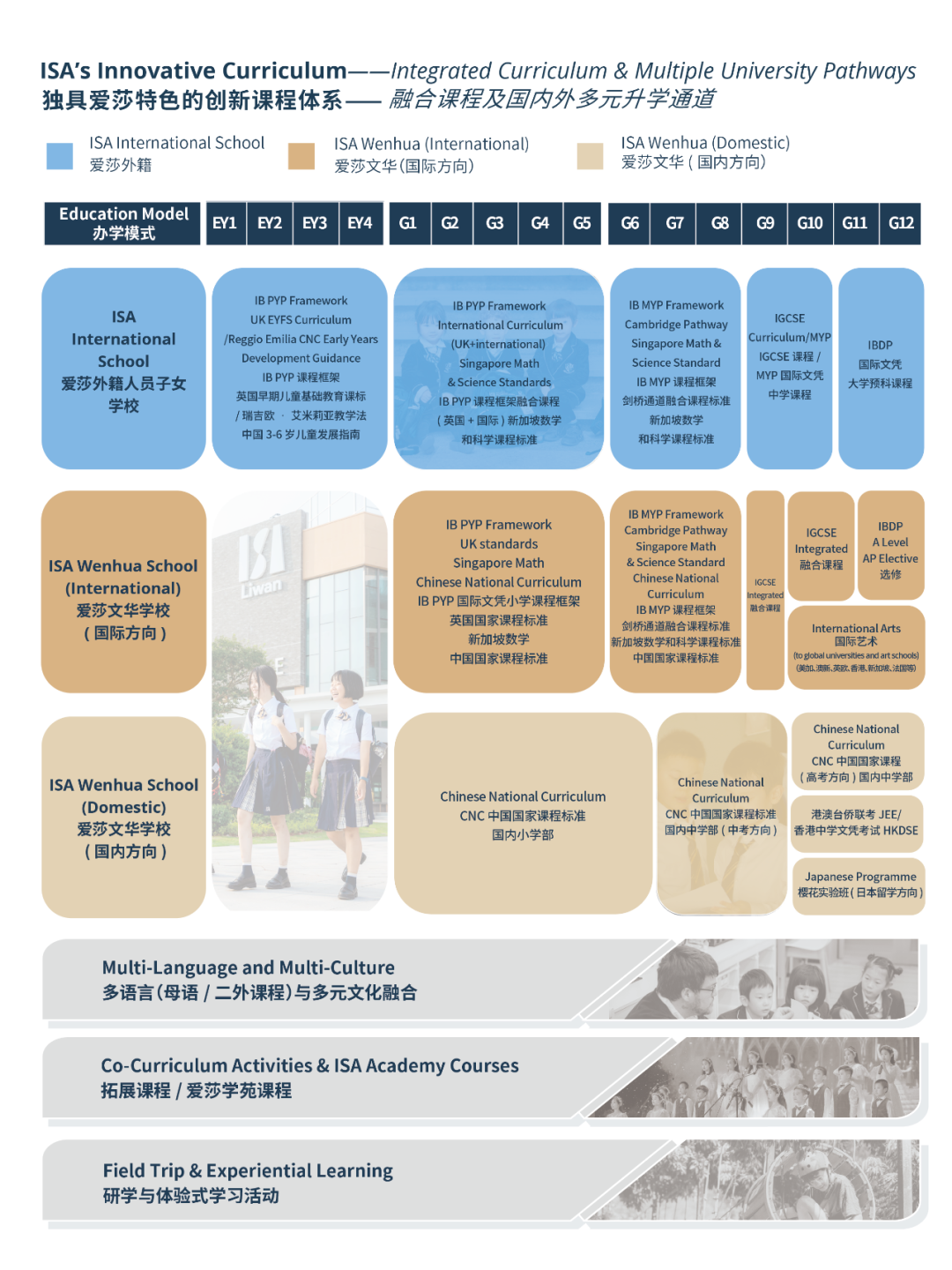
The Double Reduction laws have reversed the fast-growing trend pre-Pandemic that saw the opening of multiple new bilingual private schools. Now only 5% of the catchment in any one area can attend private schools. This will slow growth and make those parents who want a bilingual international education look harder.
双减政策扭转了疫情前双语私立学校快速增长的趋势,现在,每个地区仅有5%的学生可以就读私立学校,这将减缓学校的增长速度,那些想要选择双语国际教育的家长也会面临困难。
It seems that – as I wrote about last time – the demand for a bilingual education will continue. Schools like ISAs suite of schools will be as popular as ever.
正如我上篇文章所写,双语教育的需求将继续存在,像爱莎这样的学校将一直受到欢迎。
But having said all this, bilingual learning is a real challenge. We will look at this in more detail next time.
说了这么多,双语学习其实是一个很大的挑战,在下一篇文章中我会深入探讨双语学习的问题。


声明:本文内容为国际教育号作者发布,不代表国际教育网的观点和立场,本平台仅提供信息存储服务。
全国500所国际学校大全 / 3分钟匹配5-8所 / 1年名校升学备考托管服务



